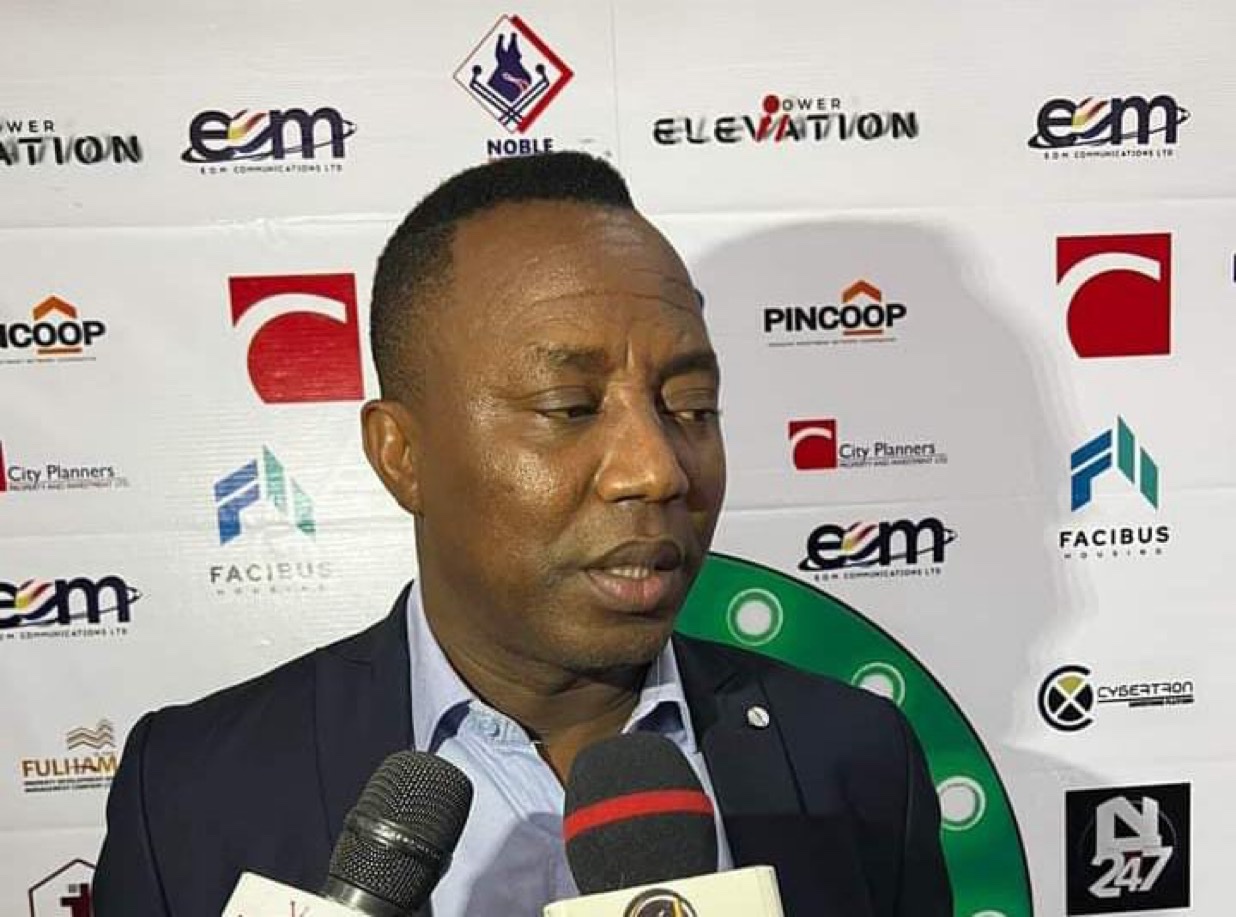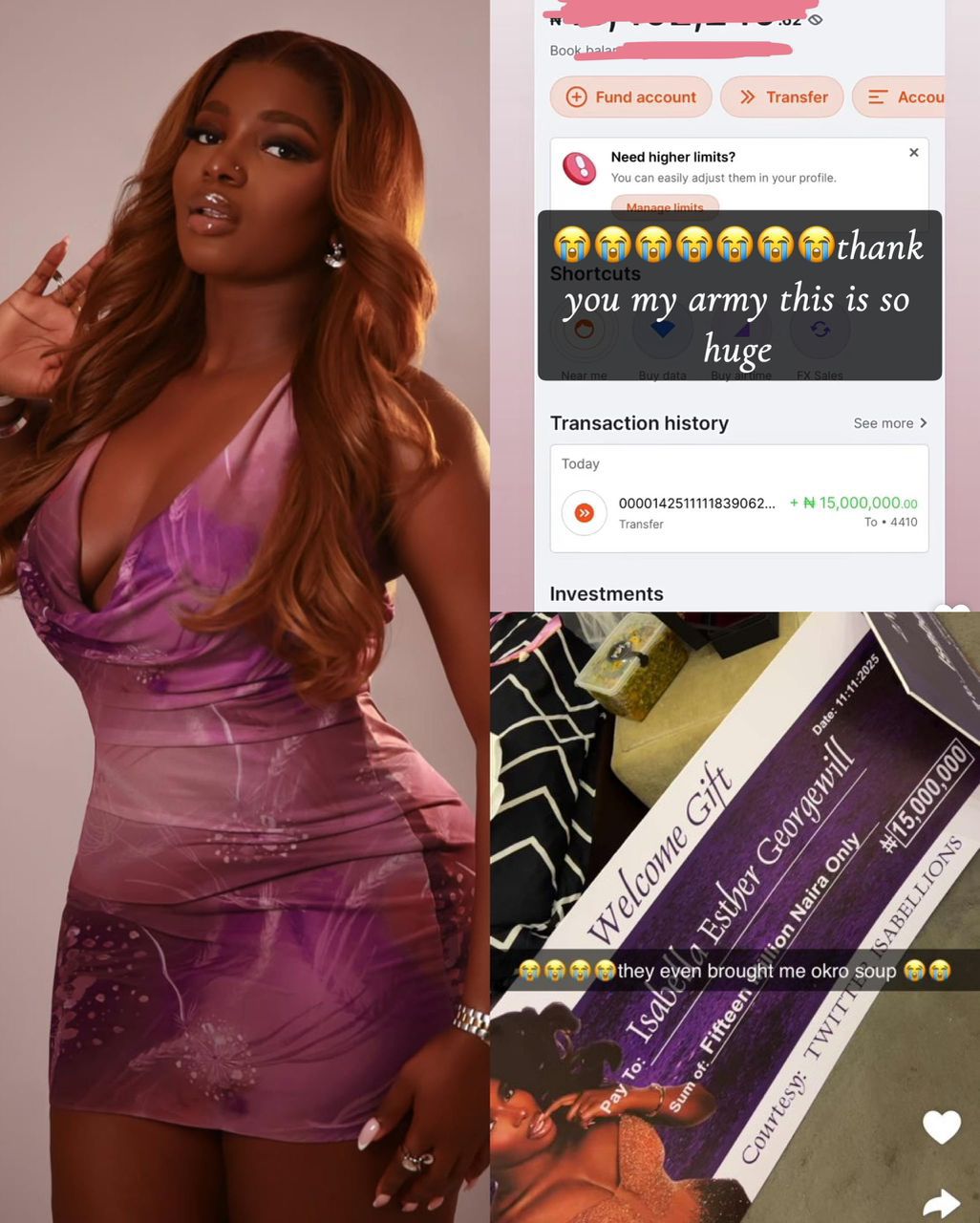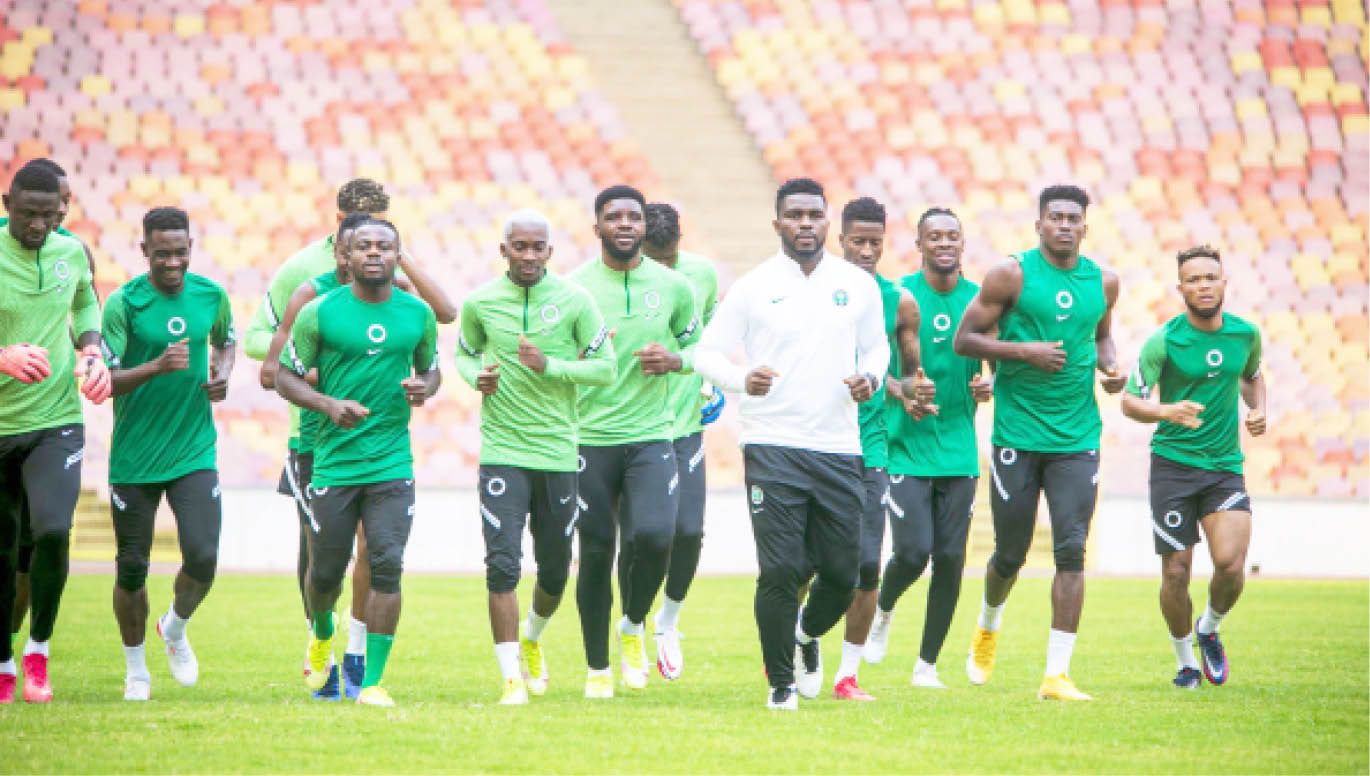
Storm Over Allegations: IGP Sues Sowore for Forging Police Internal Memo

The Inspector General of Police has ignited a firestorm of controversy after filing a lawsuit against activist and publisher, Omoyele Sowore, accusing him of forging a police internal memo. The suit, which is already making waves across Nigeria’s political and civil landscape, has sparked fierce debates on truth, transparency, press freedom, and the ever-complex relationship between law enforcement and those who hold power accountable. The police boss insists that the memo Sowore allegedly circulated was not an official document, but a fabricated forgery designed to mislead the public and tarnish the image of the Nigeria Police Force, while Sowore, known for his unflinching defiance and fiery brand of activism, has responded with the same boldness that has marked his career, dismissing the accusations as an orchestrated attempt to silence him.
According to sources within the Force, the lawsuit centers on a document that appeared on social media earlier this month, purportedly an internal communication within the Nigeria Police, detailing sensitive instructions and directives. The document, which went viral within hours of being published on Sowore’s platform, Sahara Reporters, caused significant uproar online and offline, with Nigerians dissecting its contents, sharing interpretations, and drawing conclusions about the inner workings of the police hierarchy. Within days, the police moved to deny its authenticity, labeling it a forgery and promising that those behind it would face the full weight of the law. The IGP himself, in a rare personal move, filed a case directly accusing Sowore of masterminding the forgery, an allegation that raises the stakes dramatically given Sowore’s reputation and the political tensions that often surround his activism.
The development is not just about a lawsuit; it has quickly become a litmus test for issues far larger than the document itself. Many see it as yet another confrontation between the Nigerian state and one of its most prominent critics. Sowore has long been in the eye of political storms, from his presidential ambitions to his calls for protests against bad governance, corruption, and police brutality. For many Nigerians, his name instantly conjures images of resistance, while for authorities, he represents a thorn in the side of the establishment. With this lawsuit, the IGP is not merely challenging the authenticity of a memo, he is challenging Sowore’s credibility and accusing him of crossing the line between activism and criminality.
Legal experts are already weighing in, noting that forgery of an official document, particularly one as sensitive as an internal police memo, carries grave consequences under Nigerian law. If convicted, Sowore could face stiff penalties, including imprisonment. Yet, the broader political implications cannot be ignored. This is not just a courtroom battle; it is a battle for public opinion, with Sowore’s supporters framing the lawsuit as a calculated move to intimidate the press and muzzle dissent. Human rights advocates have been quick to rally behind him, emphasizing the need for the courts to uphold fairness and resist being used as tools of political persecution.
The lawsuit also raises questions about the transparency of the Nigeria Police itself. While the Force has vehemently denied the authenticity of the memo, some Nigerians remain skeptical, pointing out that the very existence of such a document—whether real or fake—has already exposed cracks in the credibility of law enforcement. “The issue is not just whether Sowore forged it,” one Lagos-based lawyer argued, “the issue is why Nigerians find it so easy to believe such a memo could exist in the first place. That says a lot about the trust deficit between the people and the police.”
Sowore, never one to shy away from confrontation, has remained defiant. In statements released following the lawsuit, he described the IGP’s actions as “desperate and laughable,” insisting that he is being targeted for his relentless exposure of corruption and maladministration. He accused the police leadership of attempting to shield itself from scrutiny by criminalizing journalism and dissent. “They want to make me a scapegoat because I refuse to be silent,” he declared, adding that the attempt to drag him to court would not stop him from publishing stories or mobilizing citizens against injustice. His stance has only fueled further debate, with supporters applauding his courage and critics urging him to prove his innocence in court.
The case is already gaining traction in both political and media circles, with analysts warning that it could deepen the tension between government institutions and civic actors at a time when Nigeria faces significant security, economic, and governance challenges. Observers note that the police, already grappling with image problems stemming from years of accusations of brutality and corruption, could find itself under even greater scrutiny as this trial unfolds. Every move, from the handling of evidence to the pace of proceedings, will be watched closely by the public. For the IGP, the stakes are equally high: if the case collapses, it could be seen as a blow to his credibility, but if it succeeds, it would represent a rare moment of institutional triumph over one of Nigeria’s most outspoken activists.
Political watchers also note that this case could influence the broader landscape of press freedom in Nigeria. Sowore is not just an activist but also the founder of one of the country’s most controversial news platforms, Sahara Reporters, which has built its reputation on breaking stories that challenge the powerful. If the courts side with the IGP, it could embolden other institutions to pursue legal action against media platforms and journalists who publish leaked documents or investigative pieces, potentially chilling the atmosphere for independent reporting. On the other hand, a dismissal of the case could strengthen the position of the press as an untouchable watchdog, free to probe and publish even in the face of government displeasure.
As Nigerians await the first court hearing, the conversation continues to rage across social media platforms, where hashtags supporting Sowore have begun to trend. For many young people, especially those who participated in the EndSARS protests, this lawsuit is yet another reminder of what they see as a system quick to punish dissenters rather than address the structural issues they raise. For others, however, the matter is straightforward: if Sowore forged the memo, he must face the law like any other citizen. It is a stark division that mirrors the polarized nature of Nigerian politics and civic life.
Beyond the courtrooms and the online debates, one thing is clear: this lawsuit is not just about a memo, forged or not. It is about trust in institutions, the role of the media, the boundaries of activism, and the willingness of state actors to confront their critics. In the weeks to come, the unfolding drama between the IGP and Sowore will not only determine the fate of a single activist but could also set a precedent for how dissent, truth, and accountability are negotiated in Nigeria’s fragile democracy.


